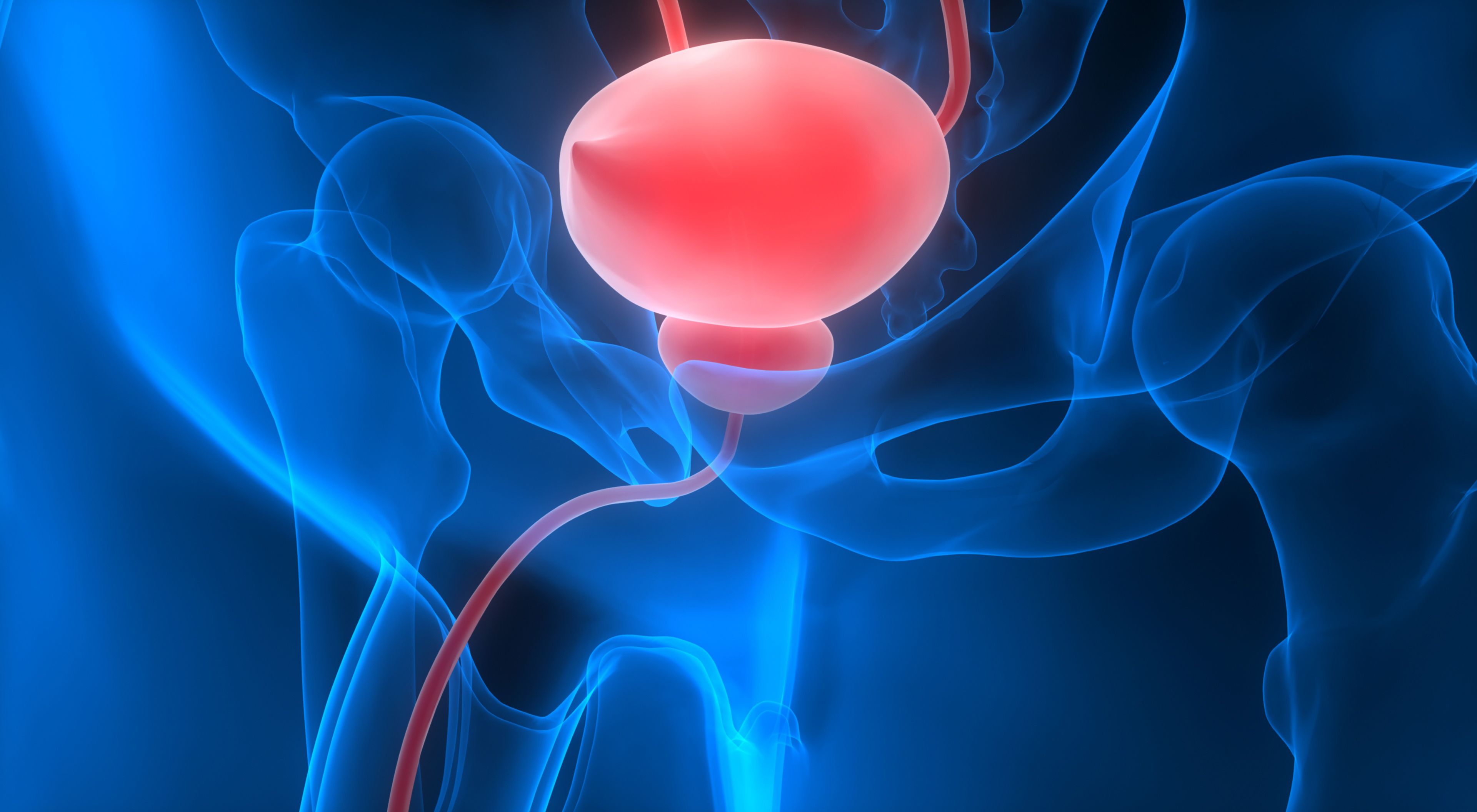
Bladder Cancer
Latest News

When given neoadjuvant chemotherapy before getting a radical cystectomy, patients with the basal subtype of muscle-invasive bladder cancer (MIBC) saw significantly improved overall survival (OS) compared to those who had a cystectomy alone, according to a recent study.



Quality of care for patients being treated for urothelial carcinoma could be improved by having a multidisciplinary team treat the patient, says Robert Jones, M.D.

“It is not so much that the biology is changing; it’s that our knowledge of the biology is improving,” said Brant Inman, M.D.

After years with few advancements, five new agents were approved to treat bladder cancer within the last year. CURE spoke with Terence Friedlander, M.D. about the shifting treatment paradigm for patients with the disease.















Sumanta Kumar Pal, M.D., associate professor, Department of Medical Oncology, City of Hope, covered the scope of exciting genitourinary cancer data presented at the 2017 ESMO Congress, with a sharp focus on the CABOSUN and CheckMate-214 trials.

Immunotherapies known as checkpoint inhibitors are so promising in bladder cancer that many patients want them as first treatments — before they’ve been proven in that setting.

Keytruda (pembrolizumab) produced better overall survival (OS) rates than chemotherapy for patients with recurrent, advanced urothelial carcinoma.

Jonathan E. Rosenberg, M.D., discusses the implications of the new treatment guidelines for muscle-invasive bladder cancer.

Jeffrey Holzbeierlein, M.D., University of Kansas Medical Center, discusses how important it was that a multidisciplinary team came together to create the non-metastatic muscle-invasive bladder cancer guidelines.

Jonathan E. Rosenberg, M.D., medical oncologist at Memorial Sloan Kettering Cancer Center, discusses the new treatment guidelines for patients with non-metastatic muscle invasive bladder cancer.


